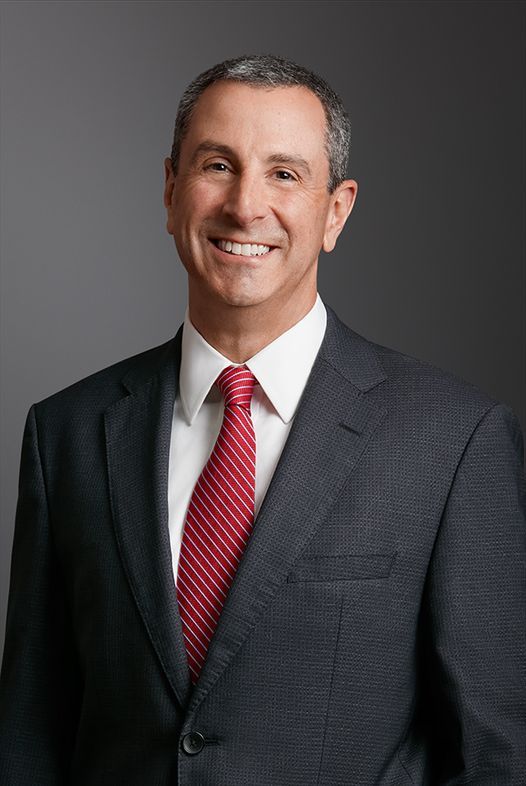No Damages, No Injunction . . . and No Opposition?
March 1, 2024, 8:26 AM
By: Ted Mathias
The Federal Circuit will hear oral argument on March 5, 2024, in In re: California Expanded Metal Products, Co., No. 23-1140, a case that presents two intriguing issues regarding patent remedies. The first issue is the minimum evidence necessary to support a jury's award of a 12 percent royalty rate on infringing sales, and the second concerns a licensor's ability to obtain an injunction where its exclusive licensee is not a party to the litigation.
On the royalty rate, the jury had limited information to work with after the District Court excluded damages evidence during the trial. The excluded evidence included a 2019 settlement agreement between the patentee, CEMCO, and a company “found to be in privity” with the adjudged infringer. That agreement specified a royalty rate for the same patents asserted in the case on appeal and thus would have been probative of a royalty rate in a hypothetical negotiation between the parties in this case. CEMCO stated in its appellate brief that the District Court's exclusion of the damages evidence was error, but it did not explain the specific basis for its claim and instead focused on the damages evidence that was before the jury.
There is no dispute that the jury had sufficient quantitative evidence to determine the amount of infringing sales to use as a royalty base. But other than the amount of those sales ($1.3 million) and those of CEMCO's exclusive licensee ($14 million), the only other quantitative evidence that CEMCO points to in support of the 12 percent royalty rate appears to show that the infringer had a gross profit margin of 43.15 percent on infringing sales. There also was qualitative evidence directed to the parties' relationship and the utility of the claimed invention. I expect that the Federal Circuit will focus on the issue of whether the profit margin evidence gave the jury a sufficient basis to select a royalty rate between zero and 43 percent (i.e., all of the infringer's gross profits). It's a significant issue because often there is no established royalty rate or comparable license from which a jury can derive a royalty rate.
The second issue concerns the District Court's denial of an injunction. The District Court relied on Active Video Networks v. Verizon, 694 F.3d 1312, 1338 (Fed. Cir. 2012), where the Federal Circuit affirmed denial of an injunction based on the continued infringement only causing the patentee to lose licensing fees from non-party licensees. The District Court appeared to treat Active Video as stating a per se rule in that circumstance provided that the infringer has an ability to pay. CEMCO has attempted to distinguish Active Video on the grounds that (1) the licensor there sought to “broadly and extensively license” its patents whereas CEMCO has granted only a single, exclusive license, and (2) the infringer submitted a declaration – after the District Court issued its opinion denying the injunction – that it is no longer viable and lacks “any source of income or assets.”
Oral argument will be unusual because, further to the above-referenced declaration, the infringer has elected not to participate in the appeal. If the Federal Circuit panel is inclined to defend the District Court's judgment – one that leaves the patentee without any remedy for the infringement – it will do so without the benefit of any argument from an appellee. As a result, the bench should be “extra hot”!

To subscribe to our publications, click here.
News & Insights
News & Insights
IPWatchdog Sixth Annual Live Conference
Speaking Engagement
Intellectual Property
ABA White Collar Crime Institute 2026
Speaking Engagement
GCR Live Cartels: 2026
Speaking Engagement
Antitrust
SCCE 14th Annual European Compliance & Ethics Institute
Speaking Engagement
Antitrust
Noerr Competition Day 2026
Speaking Engagement
Antitrust
Axinn Antitrust Insight: "New" HSR Form Remains in Effect For Now – Fifth Circuit Temporarily Freezes District Court Order that Vacated the New HSR Rule
Axinn Viewpoints
Antitrust
Consumer Brands CPG Legal Forum 2026
Speaking Engagement
NBA CLS 39th Annual Corporate Counsel Conference
Sponsorship
Antitrust
University of Pennsylvania Journal of Business Law Annual Symposium 2026
Speaking Engagement
Antitrust
Chambers Recognizes Axinn’s Antitrust Practice in 2026 Global Rankings — With New Recognition in Cartel Category
Awards & Recognitions
Antitrust

